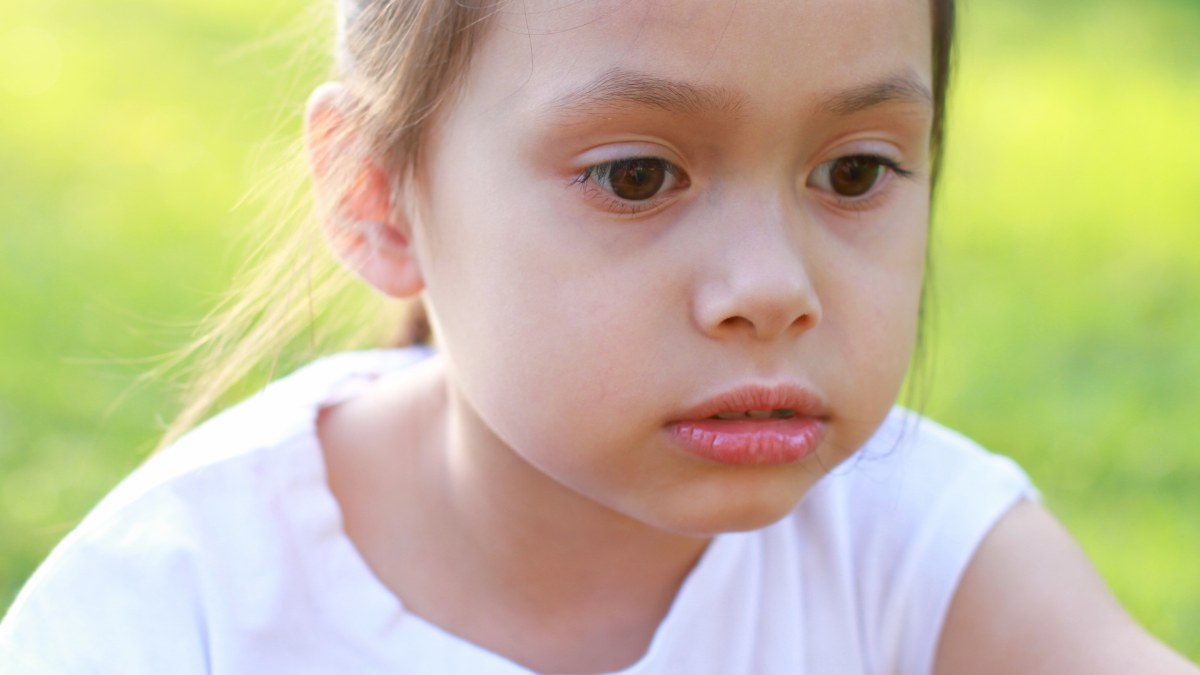Effective Ways to Manage Autism and Social Anxiety
Explore effective strategies for managing the challenges of autism and social anxiety in daily life.
.avif)
Effective Ways to Manage Autism and Social Anxiety
Understanding Autism and Social Anxiety
Understanding autism and social anxiety is vital in addressing the unique challenges associated with these conditions. Both can significantly impact an individual's daily interactions and overall mental health.

What is Autism?
Autism, or autism spectrum disorder (ASD), is a neurological and developmental disorder that affects communication, behavior, and social interactions. It is characterized by a wide range of symptoms and levels of impairment, which vary significantly from one individual to another. Some common traits include:
Exploring Social Anxiety
Social anxiety, also known as social phobia, is an intense fear of social situations that can lead to significant distress. Individuals with social anxiety often worry about being judged, embarrassed, or rejected in social settings. This fear can hinder their ability to interact with others and affect their quality of life. Some common symptoms include:
Understanding these two conditions provides a foundation for recognizing their intersection and how they can influence one another. Individuals with autism may experience heightened social anxiety due to challenges in social communication and understanding social cues. This can further complicate their interactions and mental health needs.
The Intersection of Autism and Social Anxiety
Understanding the overlap between autism and social anxiety is crucial for identifying the unique hurdles individuals may encounter. This section discusses the common challenges these individuals face and the profound impact on their daily lives.
Common Challenges Faced
Individuals with autism and social anxiety can experience several overlapping challenges that affect their social interactions. These challenges can include:
Impact on Daily Life
The combination of autism and social anxiety can significantly affect various aspects of daily living. This impact can manifest in multiple ways:
Recognizing these challenges and impacts is essential for developing effective strategies to support individuals managing both autism and social anxiety.
Strategies for Coping
Understanding how to navigate life with autism and social anxiety can make a significant difference. Implementing effective strategies is essential for fostering a supportive atmosphere and enhancing social interaction capabilities.
Creating a Supportive Environment
A nurturing environment is crucial for individuals facing autism and social anxiety. It helps reduce stress and promotes a sense of security. The following table outlines key elements of a supportive environment:
Creating such conditions helps individuals feel more at ease, allowing them to better manage their emotions.
Building Social Skills
Developing social skills is vital for improving interactions and reducing feelings of isolation. Individuals can benefit from targeted practice in various social situations. The following strategies can aid in enhancing social skills:
By incorporating these strategies, individuals can develop crucial social competencies while feeling supported and understood.
Seeking Professional Help
When dealing with autism and social anxiety, seeking professional help can provide essential support and strategies for managing symptoms. Different therapy options and medications may assist individuals in coping with their challenges.
Therapy Options
Therapeutic approaches can vary widely, but several have proven effective for individuals experiencing autism and social anxiety. Below are some commonly utilized therapy types:
Medications for Managing Symptoms
In some cases, medications may be beneficial in managing symptoms associated with autism and social anxiety. The following table outlines common categories of medications used for treatment:
Individuals and caregivers are encouraged to collaborate with healthcare professionals to determine the best therapeutic strategies and medications tailored to their specific needs.
Support Systems
Support systems play a crucial role in helping individuals navigate the challenges associated with autism and social anxiety. Two primary sources of support are family and community resources.
Family Support
Family members often serve as the first line of support. They can provide emotional backing, practical assistance, and a sense of belonging. Engaging the family in understanding autism and social anxiety can facilitate better communication and coping strategies.
Effective family support involves ongoing discussions about feelings, challenges, and successes. Encouraging open dialogue fosters a nurturing environment that can enhance the individual’s self-esteem and coping abilities.
Community Resources
Community resources provide additional support and opportunities for individuals facing autism and social anxiety. These resources can include local organizations, support groups, and educational programs. Utilizing these resources increases access to specialized information and peer support.
Engagement with community resources can lead to enhanced social interaction and skill development. Individuals can learn from others facing similar challenges, which can reduce feelings of isolation and improve overall wellbeing.
Self-Care and Wellbeing
Taking care of oneself is essential for individuals experiencing autism and social anxiety. Implementing stress management techniques and striving for balance can lead to improved wellbeing.
Managing Stress and Anxiety
Stress and anxiety can have a significant impact on individuals dealing with autism and social anxiety. Identifying effective techniques for managing these feelings can help foster a sense of control and calmness.
Finding Balance and Positivity
Maintaining balance is crucial for emotional and mental health. Incorporating positive practices into daily life can enhance overall wellbeing.
By prioritizing self-care and wellbeing, individuals facing challenges related to autism and social anxiety can cultivate strategies that promote a healthier and more fulfilling life.
Sources
https://www.healthline.com/health//social-anxiety-vs-autism
https://www.crossrivertherapy.com/social-anxiety-vs-autism
https://soniclearning.com.au/social-anxiety-vs-autism








.jpg)
.jpg)


%20(1).jpg)
.jpg)
